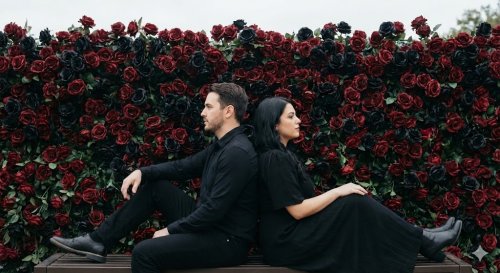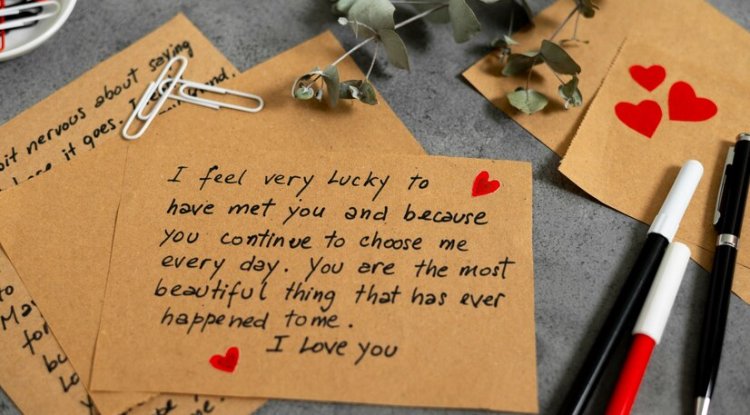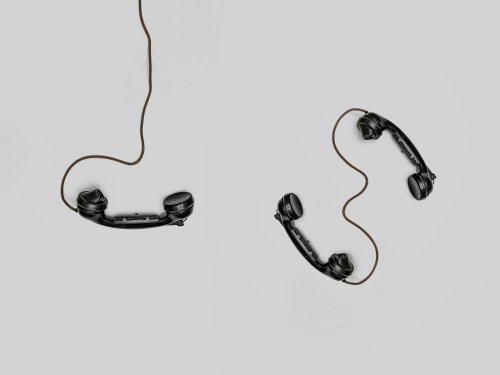Do Guys Like Being Called Cute? The Surprising Truth About This Compliment
Do guys like being called cute or does it feel patronizing? Discover what men really think about this compliment and when to use it.

You're talking to a guy you like, and something he does makes you smile. Maybe it's the way he got flustered trying to explain something, or how his face lit up when discussing his favorite topic. The word "cute" sits right at the tip of your tongue, but you hesitate. Will he take it as a compliment or feel like you just compared him to a puppy? The question of do guys like being called cute creates more anxiety than it should, mostly because we've all heard conflicting opinions about whether men appreciate this particular word.
The truth is more nuanced than a simple yes or no. Some guys love being called cute and wear that as a badge of honor. Others cringe at the word, feeling it diminishes their masculinity or makes them seem childish. Understanding why these reactions differ and when calling a guy cute lands perfectly versus falling flat can help you express appreciation without second-guessing yourself.

What "Cute" Actually Means to Guys
When women say "cute," they usually mean it as a genuine compliment that encompasses personality, mannerisms, and overall appeal. It's not just about physical appearance but about the whole package someone presents. However, many guys interpret "cute" through a completely different lens, sometimes hearing it as code for "not sexually attractive" or "safe but boring." This disconnect between intention and interpretation creates most of the confusion around the question.
Men who feel uncomfortable with "cute" often associate it with things society deems non-masculine: babies, puppies, or children's toys. They worry that being called cute means they're not being taken seriously. In their minds, "cute" exists in opposition to "hot" or "handsome," words they perceive as more validating to their masculinity.
The reality is that "cute" doesn't oppose attractive. Most women use it to describe someone they find genuinely appealing beyond pure physical attraction. It acknowledges charm, warmth, and the kind of attractiveness that makes you want to be around someone.
Why Many Guys Actually Love Being Called Cute
Despite stereotypes, plenty of guys genuinely appreciate being called cute. The compliment makes them feel seen in ways that generic praise about looks or strength doesn't. Being called cute acknowledges their personality, expressions, and mannerisms, all the things that make them specifically them rather than just generically attractive.
Guys who are secure in their masculinity tend to receive "cute" exactly as intended: as a warm, affectionate compliment. They understand that you're not questioning their manliness but rather appreciating something charming about them. These men recognize that being cute doesn't make them less masculine; it just adds another dimension to how people perceive them.
The emotional validation matters more than many men admit. Men often go months between genuine compliments. When a guy hears that he's cute from someone whose opinion he values, it creates a positive response he'll remember. That confidence boost can make his day.
Younger generations of men also tend to respond more positively to being called cute. As conversations around masculinity evolve and expand, more guys feel comfortable embracing compliments that previous generations might have rejected. They're less tied to rigid ideas about how men should be perceived and more open to appreciation in whatever form it takes.
When "Cute" Feels Like an Insult
Context determines whether "cute" lands well or feels like a dig. If you call a guy cute right after he's tried to do something impressive, it can feel dismissive. Imagine he just finished an intense workout, and your response is "aw, you're so cute." That's probably not what he wants to hear.
Tone matters enormously. Saying "you're cute" with proper warmth differs completely from saying it patronizingly. If "cute" sounds like you're talking to a child, it's going to land badly regardless of your intentions.

Your relationship status also influences how he receives the compliment. If you're already in a romantic relationship, "cute" usually feels affirming and sweet. If you're interested in him romantically but haven't established that yet, "cute" might make him worry he's been friend-zoned. If you're just friends and want to stay that way, "cute" reinforces that dynamic, which works perfectly unless he's hoping for more.
The Difference Between Cute, Hot, and Handsome
"Hot" can signal pure physical attraction. It's great for communicating desire, but it doesn't say much about desire. "Handsome" occupies the middle ground, acknowledging attractive features in a more refined way. It feels classic and respectful, often preferred by guys who want to be seen as put-together.
"Cute" combines physical attraction with personality appeal. It suggests that how he acts, his expressions, and his energy all contribute to his attractiveness. This holistic appreciation is why many women default to "cute" when they like someone; they're responding to the total package, not just one element. However, because "cute" includes personality, guys sometimes interpret it as meaning personality is all you find attractive about them, hence the worry about being friend-zoned.
The most effective approach involves variety. If you only ever call him cute, he might wonder if you find him physically attractive at all. Balancing "cute" with other compliments that acknowledge his appearance, intelligence, or humor gives him a fuller picture of how you see him.
When Calling a Guy Cute Works Perfectly
Certain situations make "cute" the perfect compliment choice. When a guy does something unexpectedly sweet or thoughtful, like remembering a small detail you mentioned weeks ago or going out of his way to help you, "cute" acknowledges both the action and the heart behind it. He's not trying to be cute in that moment, which makes calling him cute feel genuine rather than performative.
Moments of vulnerability create perfect opportunities. When he opens up about something personal or shows emotion, "cute" may feel affirming rather than diminishing. You're appreciating his willingness to be real, and "cute" captures that warmth.
Physical quirks and mannerisms warrant "cute" too. The way he concentrates, how his face changes when he's trying not to laugh, or that thing he does when explaining something he loves. These details are cute in the truest sense, and pointing them out shows you pay attention.
Playful or lighthearted moments are natural fits for "cute" as well. When you're teasing each other, joking around, or just being silly together, calling him cute adds to the fun energy rather than feeling too serious or intense. In these contexts, "cute" becomes part of the banter and connection rather than a statement he needs to analyze.
How to Tell If He Likes Being Called Cute
His reaction gives you immediate feedback. If he smiles, blushes, or seems genuinely pleased, "cute" landed well. Positive body language, like leaning in or maintaining eye contact, indicates he appreciated it.
Negative reactions are usually obvious. If he pulls back, changes subjects quickly, or specifically corrects you with "I prefer handsome," he's telling you directly that "cute" doesn't work for him. Defensive responses signal discomfort with that word.
Pay attention to whether he repeats behaviors that prompted you to call him cute. If you said he was cute when he did something specific, and he keeps doing that thing, he probably liked the positive reinforcement. Guys often continue or amplify behaviors that get them favorable attention from people they care about.

Alternative Compliments If Cute Doesn't Work
If "cute" isn't landing well, plenty of alternatives exist. "Charming" acknowledges personality appeal in a sophisticated way that most guys receive positively. "Sweet" works beautifully when acknowledging kindness without physical appearance implications.
For moments that would prompt "cute" based on physical appearance or mannerisms, consider "attractive," "good-looking," or simply "I like that about you." These phrases communicate appreciation without the baggage that "cute" sometimes carries. They're direct enough to be clear compliments while remaining open to interpretation in terms of whether you mean physical or personality traits.
Combining words often works better than single adjectives. Instead of just "cute," try "cute and funny" or "cute and confident." This ensures he doesn't interpret "cute" as the only thing you find appealing, addressing friend-zone concerns while using a word that feels natural.

Conclusion
So, do guys like being called cute? The answer is yes, no, and it depends. Many guys truly love it and receive it as the warm compliment it's meant to be. Others have complicated feelings based on how they view masculinity. Most fall somewhere in the middle, liking "cute" in some contexts while preferring different compliments in others.
The key is paying attention to the individual rather than applying universal rules. Notice how he responds and adjust accordingly. If "cute" feels right and he seems to appreciate it, keep using it. If it creates awkwardness, your vocabulary is full of alternatives.
Remember that real compliments delivered with warmth almost always land positively, regardless of specific words. Guys appreciate being seen and complimented, whether you express that through "cute," "handsome," or any other word that captures what you feel. The authenticity behind the compliment matters more than the exact terminology.
Share
What's Your Reaction?
 Like
0
Like
0
 Dislike
0
Dislike
0
 Love
0
Love
0
 Funny
0
Funny
0
 Angry
0
Angry
0
 Sad
0
Sad
0
 Wow
0
Wow
0















